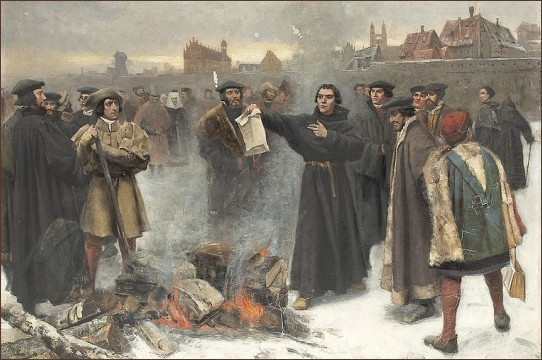Gnostic Persecution by The Church
Certainly one cannot deny that Christianity is fundamentally a mystery religion. This being true of both Orthodox Christianity as well as ‘Gnostic-Christianity.’ In the case of the former however, the esoteric component is greatly minimised. Whereas with the latter, there is a hyper focus upon the esoteric.
In orthodox Christianity, especially in Western nations, most people who attend church to receive communion do so merely to further community cohesion, much akin to attending a social event. The deep mystery at the heart of communion is rarely discussed at all. Most congregants even believing themselves that it is merely symbolic, performed as part of an act of remembrance. As long as they partake however, and continuously strive to be a good person and believe in Jesus i.e. that his teachings are essentially correct, then the reward of heaven is ultimately theirs to be had.

Now within the current ‘enlightenment’ era, this may all seem rather academic, in the sense of being a detached assessment of something in abstraction. Not so in previous times however, when The Church – especially the Catholic Church – was a great temporal power throughout all of Europe.
During this time, the religious teachings of The Church went well beyond furthering just social cohesion. They were vital to achieving political cohesion, or more aptly put: political control. In this regard The Church was a very forceful agent.
One doctrine in particular – still retained to this day – sums up the crucial point. To paraphrase:
Salvation, constituting the reward of heaven, can only be achieved within The Church. That is to say, that whilst in life, all people must have absolute loyalty to The Church as an institution, including those that run it. Accepting the authority and pronouncements of The Church without question as to what constitutes true Christian doctrine, including the very word of God.
It goes without saying then, that the Gnostics had a very different view of things. For them, salvation was a very personal affair, and one did not need to go through The Church in order to achieve it. The redeeming knowledge that the Gnostics sought would give them a direct connection to the divine, bypassing The Church entirely, which was essentially irrelevant to the whole endeavour.
That the Gnostics were persecuted by The Church almost from the inception of the movement should therefore come as no surprise. They espoused a fundamental belief which directly challenged the authority of The Church. How could they not be branded heretics and driven into the shadows in their pursuit of esoteric knowledge.